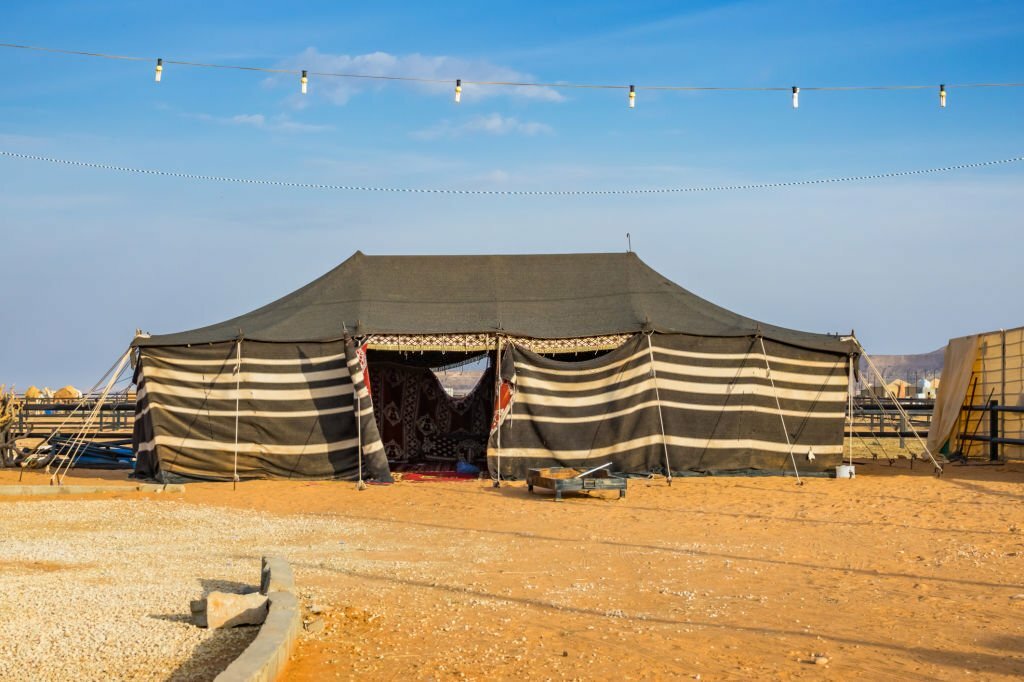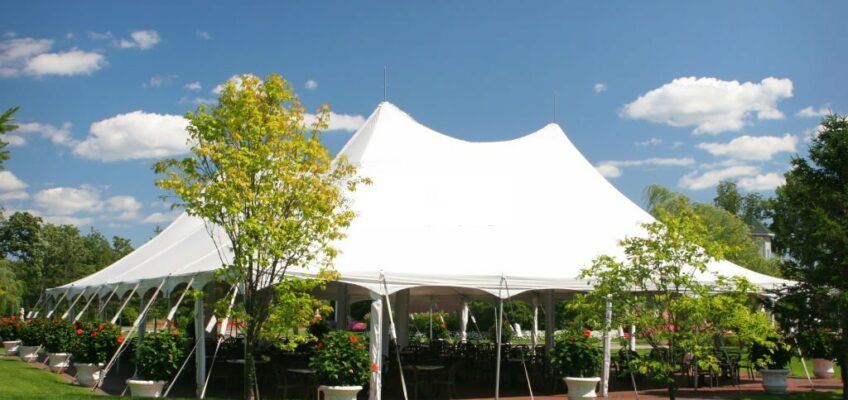Giant Tents vs. Traditional Venues: Pros and Cons
Organizing a major event, whether it’s a dreamy wedding, a lively festival, a pulsating concert, or an insightful conference, is undoubtedly a thrilling endeavor. Yet, at the heart of this exhilaration lies a pivotal choice that can greatly impact your event’s success: the grand allure of a giant tent or the tried-and-true reliability of a traditional venue. Both options offer their own unique perks and challenges, and in this post, we’re going to unravel the splendid advantages and potential stumbling blocks of each, empowering you to craft a remarkable experience for your special day.
Pros of Giant Tents:
1. Flexibility: One of the major advantages of choosing a giant tent is the incredible flexibility it offers. These tents can be set up on a variety of surfaces, from grass to concrete, allowing you to host your event in a location that holds personal significance. You also have the freedom to customize the tent with features like walls, windows, doors, and lighting to match your event’s theme and design.
2. Cost-effectiveness: Giant tents are generally more budget-friendly than traditional venues, especially for large gatherings. Moreover, since you have control over the layout and ambiance, you can potentially save money on decorations, catering, and entertainment.
3. Mobility: These tents are incredibly mobile. You can set them up wherever suits your event best and remove them afterward without leaving any lasting impact on the environment. The ability to choose a location that is convenient or particularly scenic is a significant advantage.
4. Uniqueness: Giant tents can create a unique and memorable atmosphere for your event, providing a cozy and intimate setting that stands out from the crowd. Your event is likely to attract more attention and publicity, making it more unforgettable for your guests.
Cons of Giant Tents:
1. Weather Dependence: The biggest downside to giant tents is their vulnerability to weather conditions. Rain, wind, heat, or cold can pose challenges, and you might need to plan for a backup or allocate a contingency budget to handle adverse weather. Heating, cooling systems, generators, or insurance might also be necessary.
2. Limited Amenities: Giant tents may not offer the same level of amenities as traditional venues, such as restrooms, kitchens, parking, or security systems. You may need to rent or provide these separately to ensure your guests’ comfort and convenience.
3. Complex Logistics: Setting up and removing giant tents can be more time-consuming and labor-intensive than using traditional venues. You might need professional tent service providers to assist with design, installation, maintenance, and removal. Additionally, obtaining permits, undergoing inspections, and complying with local building codes and regulations can be complex and time-consuming.
Pros of Traditional Venues:
1. Reliability: Traditional venues provide a high level of reliability and predictability as they are not impacted by weather conditions. Your event can run smoothly and safely, offering peace of mind to both you and your guests.
2. Convenience: Traditional venues offer convenience and comfort by providing all the essential amenities and facilities your guests may require, including restrooms, kitchens, parking, and security systems. You won’t need to worry about renting or arranging these separately.
3. Prestige: Traditional venues often exude an air of prestige and elegance with their fixed structures and architecture. They can create a more formal and sophisticated ambiance, contributing to a professional and reputable image for your event.

Cons of Traditional Venues:
1. Rigidity: Traditional venues are less flexible when it comes to customization. Their fixed structure and layout can limit your control over the size, shape, style, and material of the venue. You might also have less flexibility regarding the date, time, duration, and capacity of your event.
2. Expensiveness: Traditional venues are typically more expensive to rent, especially for larger events. Additional fees for decorations, catering, entertainment, and venue-provided services can add up. You may also need to adhere to the rules and policies of the venue.
3. Commonness: Traditional venues are used by a multitude of events, which can make your occasion less unique and memorable. If you’re seeking to stand out or attract attention and publicity, a traditional venue might not be your best choice.
Conclusion: Deciding between a giant tent and a traditional venue is a pivotal choice for your large-scale event. Each option has its own set of advantages and disadvantages that need careful consideration. Your decision should hinge on your budget, goals, and personal preferences. Before making your choice, weigh these factors carefully to ensure your event is a resounding success, creating cherished memories for both you and your guests.
